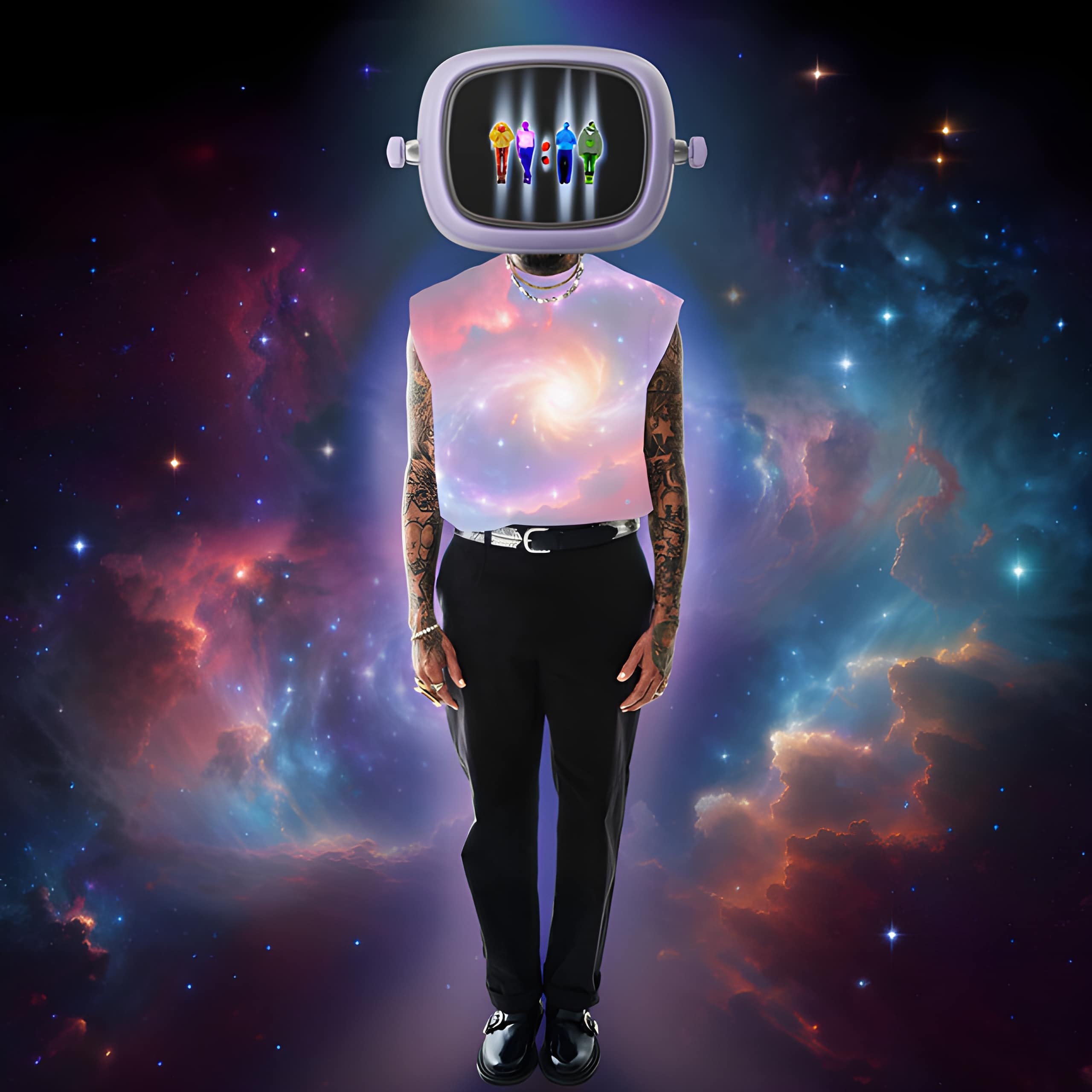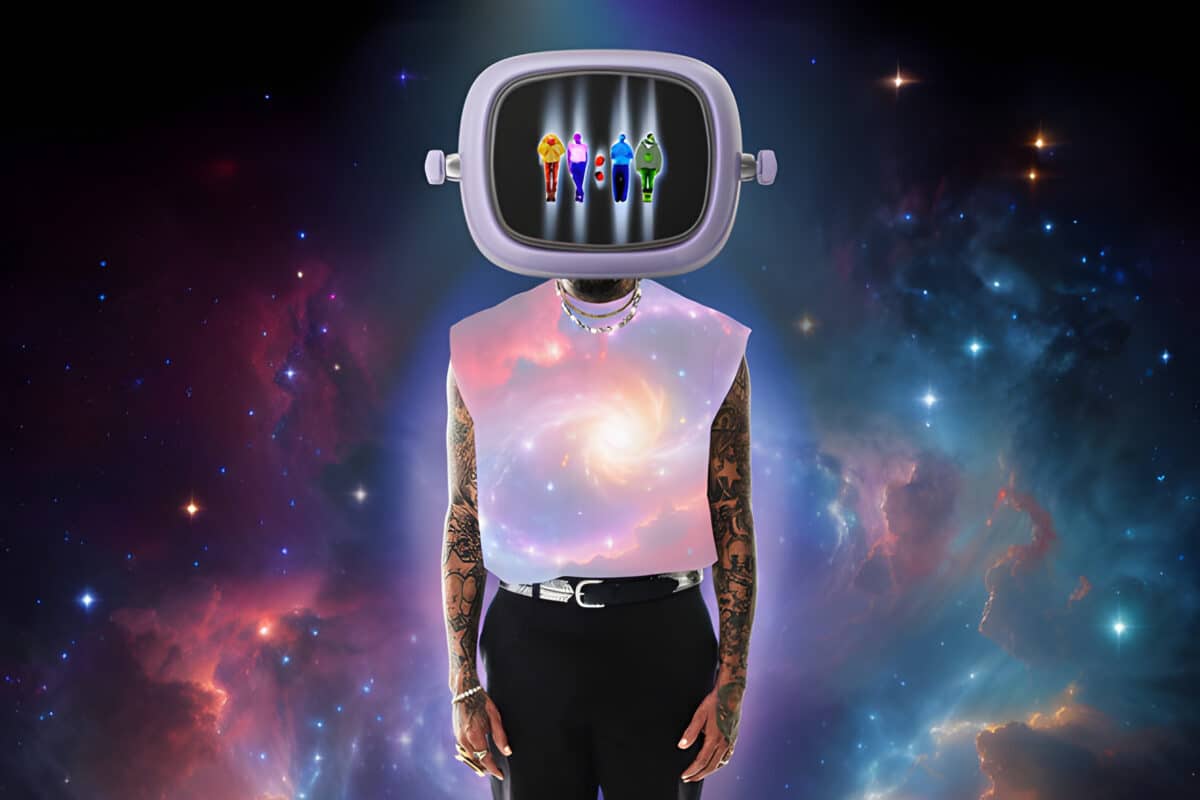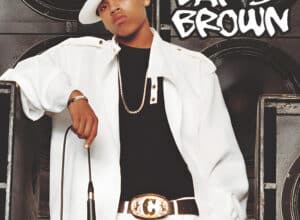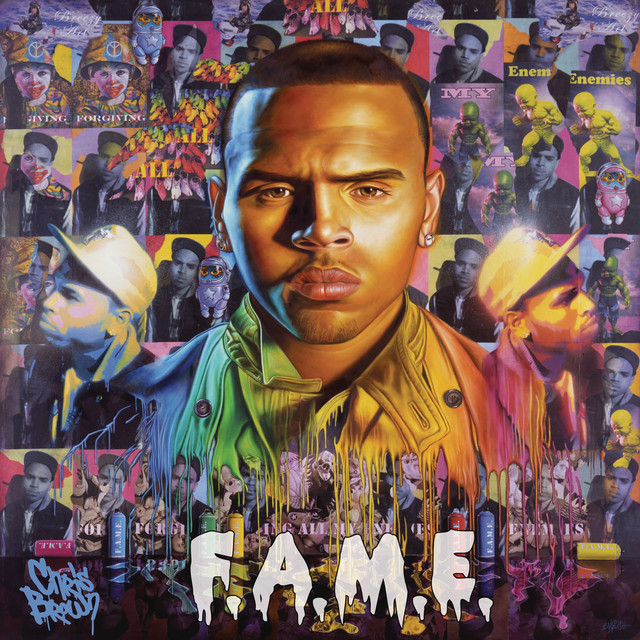Released: 2024
In “Residuals” by Chris Brown, the theme of the song is centered around the lingering feelings and regrets following a complicated relationship. The artist grapples with the emotional remnants—what he terms “residuals”—of a past romance that continue to affect his present state. The song portrays a struggle with moving on, accompanied by feelings of jealousy and contemplation over lost love.
The hook of the song powerfully poses a series of rhetorical questions about love and loss, encapsulating the confusion and introspection that follows a breakup. Chris Brown repeatedly asks “Who’s getting all my love?” and “Who’s getting all of my residuals?” These lines reflect his yearning to know what happened to the emotional investments he made during the relationship. “Residuals” here refer to the leftover emotions that are still affecting him despite the relationship having ended.
Chris Brown opens the song with an introspective acknowledgment of how his life has changed, using the metaphor of night and morning to contrast past and present feelings. He admits to a sense of jadedness and the complexities of dealing with lingering emotions from the past. The term “jaded” signifies his exhaustion from these unresolved emotions, while the “faded” mornings suggest a lack of clarity and purpose as he copes with the aftermath of the relationship.

The song then moves into Chris Brown’s attempts to manage his fluctuating emotions. He mentions trying to “put a muzzle” on his feelings, a vivid image of trying to silence or control his emotions, which often shift unpredictably. The “muzzle” symbolizes an attempt to contain these emotions, suggesting how difficult it is for him to maintain emotional stability post-breakup.
In one of the verses, Brown speaks directly to the irony and sadness he feels, revealing his sense of being torn between past affections and the unfairness of bringing new people into this emotional whirlwind. This verse shows his awareness of the potential damage caused by not having moved on, where his previous love remains “wasted” on his mind.
The chorus explores deeper the concept of investing emotionally in a relationship and the disappointment of it not yielding expected outcomes. Phrases like “Did I lace you up, lace you up just to watch you run away?” highlight feelings of betrayal and confusion. “Lace you up” implies helping or supporting someone, with the imagery of someone running away indicating how his efforts were ultimately in vain.
Brown’s lyrics question whether the love and energy he devoted to the relationship was ultimately just a setup for heartbreak, metaphorically asking whether he “built it up just to let it wash away.” The recurring question of “who” is pivotal as it underscores the search for answers in the face of loss, essentially inquiring where his emotional efforts went after the relationship ended.
As the song continues, he addresses the pain of seeing someone else enjoy what he once shared with his partner. Brown’s curiosity over whether his former partner has taught someone else what he once shared with her further complicates his sense of betrayal. “Better not give him my nickname” is a plea against the deep-rooted hurt that accompanies seeing parts of one’s life with another person handed over to someone new.
The mention of “different people” is a recognition of the disparity between what the relationship once was and what it has become. “Love is blind” acknowledges the misguided belief that things would work out despite the signs, with a tone of realization and regret that comes too late. This highlights his coming to terms with the painful end of what was once a shared path.
The closing sections reiterate the questions about where his emotional efforts have gone, repeatedly questioning who benefits from his residual love and time. By questioning “Who’s getting all of my residuals?” Chris Brown encapsulates the broader idea of moving on while being weighed down by what is left behind emotionally. The persistent focus on these “residuals” underscores the theme of lingering love and loss.
Ultimately, “Residuals” is a poignant reflection on the personal and emotional aftermath of a failed relationship. Through his candid and questioning lyrics, Chris Brown explores themes of love, loss, and the inevitable change in personal landscapes when a significant relationship comes to an end. It serves as a universal exploration of post-breakup turmoil and the lasting impact it can have on one’s psyche.








